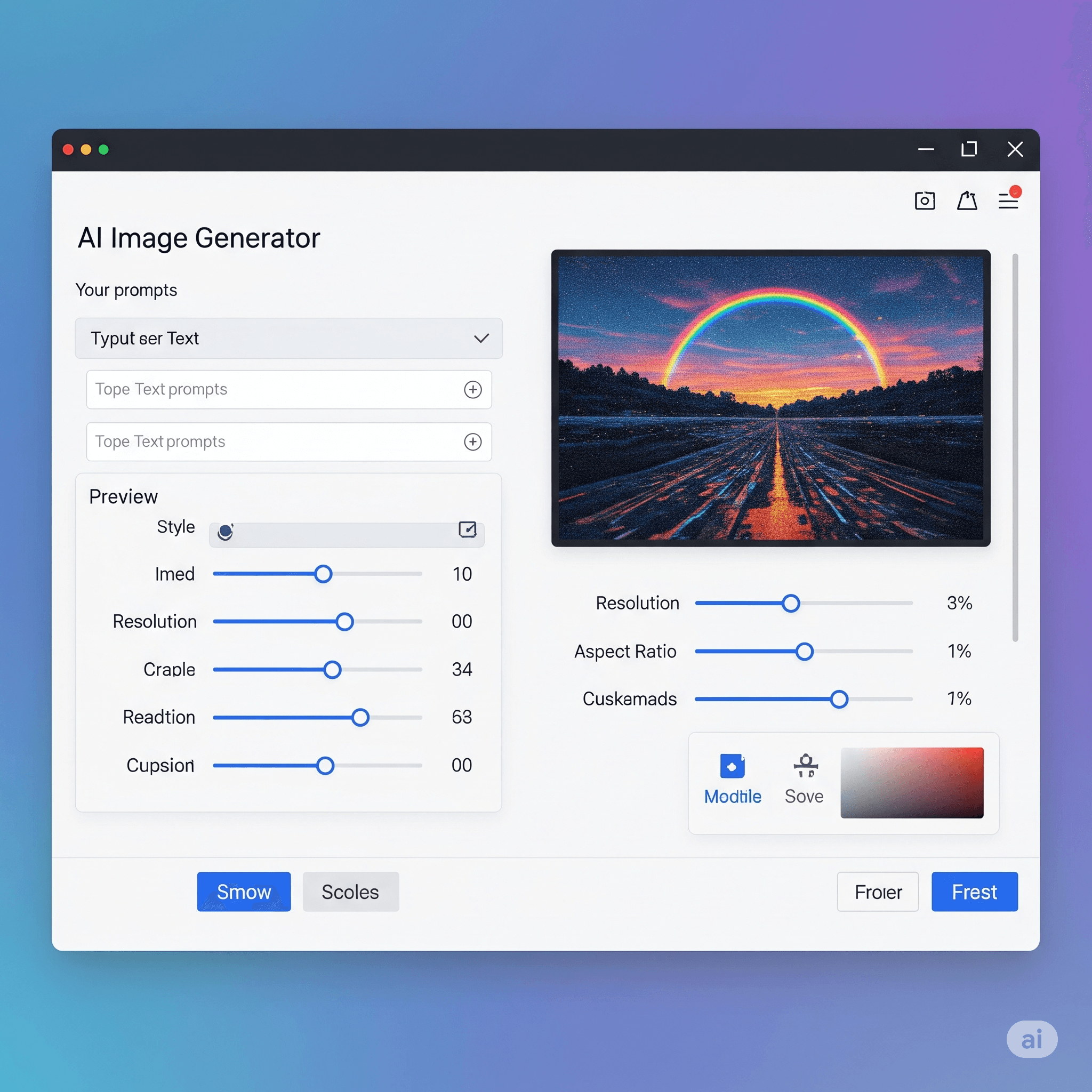Question: Which of the following is not correct?
Answer:
The statement "34 base 8 = 24 base 16" is incorrect. The correct conversion is "34 base 8 = 70 base 16".
To check if the conversion from base 8 (octal) to base 16 (hexadecimal) is correct, we need to convert the number 34 in base 8 to base 16.
34 base 8 = ?
To convert from octal to hexadecimal, we can first convert the octal number to binary and then convert the binary number to hexadecimal.
Converting 34 from octal to binary:
3 (in octal) = 011 (in binary)
4 (in octal) = 100 (in binary)
Concatenating the binary digits: 011100
Converting the binary number to hexadecimal:
0111 = 7 (in hexadecimal)
00 = 0 (in hexadecimal)
Combining the hexadecimal digits: 70
Therefore, the conversion from 34 base 8 to base 16 is 70.
So, the statement "34 base 8 = 24 base 16" is incorrect. The correct conversion is "34 base 8 = 70 base 16".
MCQ: Which of the following is not correct?
Explanation:
The statement "34 base 8 = 24 base 16" is incorrect. The correct conversion is "34 base 8 = 70 base 16".
To check if the conversion from base 8 (octal) to base 16 (hexadecimal) is correct, we need to convert the number 34 in base 8 to base 16.
34 base 8 = ?
To convert from octal to hexadecimal, we can first convert the octal number to binary and then convert the binary number to hexadecimal.
Converting 34 from octal to binary:
3 (in octal) = 011 (in binary)
4 (in octal) = 100 (in binary)
Concatenating the binary digits: 011100
Converting the binary number to hexadecimal:
0111 = 7 (in hexadecimal)
00 = 0 (in hexadecimal)
Combining the hexadecimal digits: 70
Therefore, the conversion from 34 base 8 to base 16 is 70.
So, the statement "34 base 8 = 24 base 16" is incorrect. The correct conversion is "34 base 8 = 70 base 16".
Discuss a Question
Related Questions
- 1. Match the following terms: <img src="http://examradar.com/wp-content/uploads/2017/02/web-internet-fundamental-mcq-3.png" alt="web-internet-fundamental-mcq-3" width="658" height="199" class="alignnone size-full wp-image-5277" />
- 2. To represent one billion (1 billion = 1000 million), minimum number of bits needed are
- 3. Match the following terms: <img src="http://examradar.com/wp-content/uploads/2017/02/web-internet-fundamental-mcq-4.png" alt="web-internet-fundamental-mcq-4" width="769" height="199" class="alignnone size-full wp-image-5278" />
- 4. “Hotspot” refers to
- 5. Which of the following is not a required component of Aadhaar card issued by UIDAI?
- 6. Which of the following techniques is employed for improving transmission efficiency of digital documents?
- 7. Which of the following does not require OCR software component?
- 8. A captcha is used for verifying if a web-user
- 9. Which of the following is true for HTML?
- 10. What is URL ?What are the first part of a URL?
You may be interested in:
Web Fundamental MCQs






